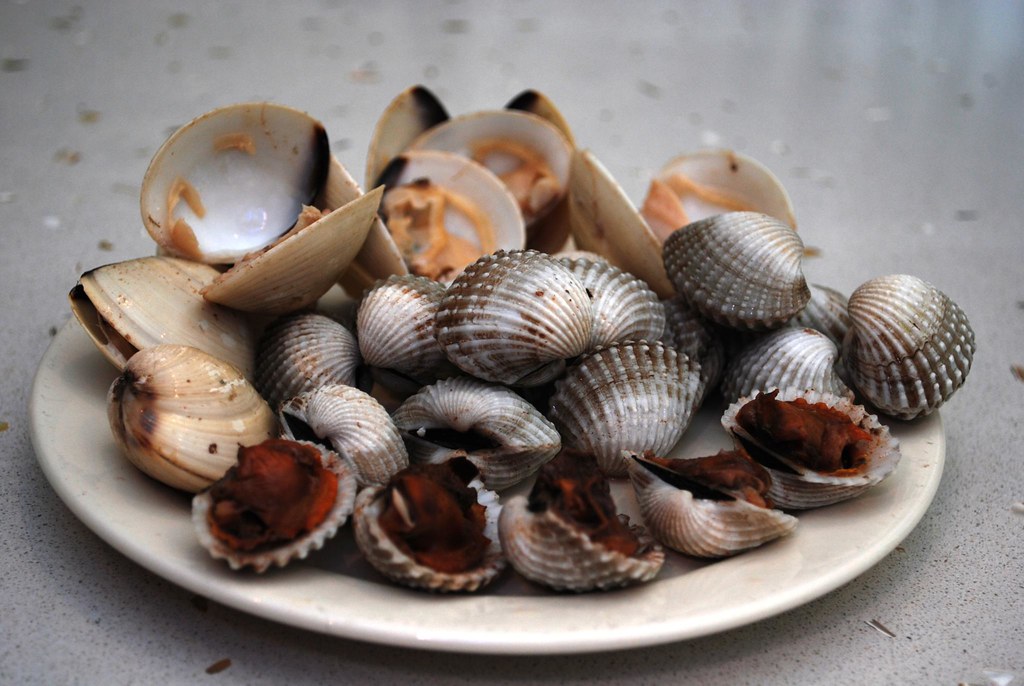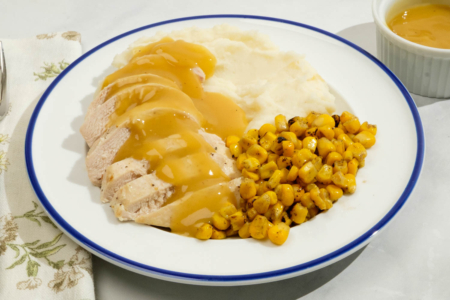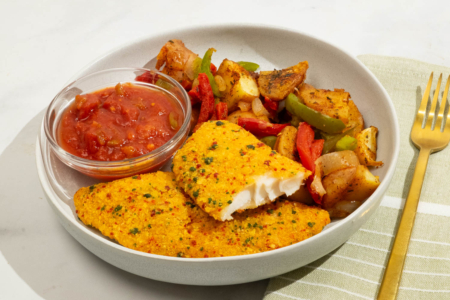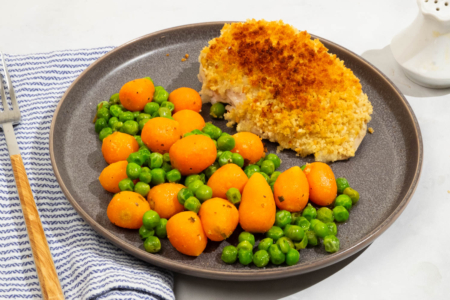You might have only heard of them in nursery rhymes, but these sweet and delicate bivalves are poised to become your new favorite shellfish.
What Do Cockles Taste Like?
Cockles are tender with the mildly sweet, salty, and buttery flavor you can expect from most shellfish. What distinguishes cockles from other bivalves like clams and mussels is the distinct lack of briny ocean flavor; they are delicately sweet with a clean saltiness.
How to Choose Cockles?
Like with other bivalves, you should only work with healthy live cockles. Cockles that are sick or dead at the point of purchase can release toxins that could cause food poisoning or a virus even after being cooked through. Yup, it’s serious business.
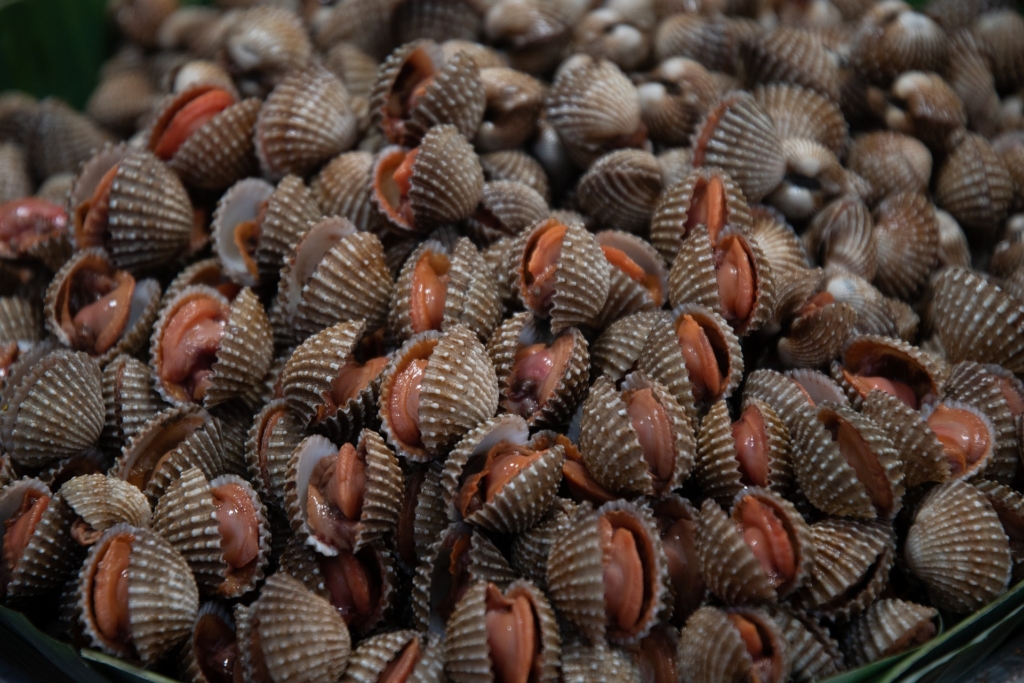
Choose cockles with shells that are tightly shut. If a cockle is slightly open, give its shell a hard tap to see if it closes on its own. Cockles that stay open should be discarded. You can also tell how fresh a cockle is from its scent. Avoid any cockles that smell decomposed, overly fishy, or like ammonia. They should smell clean and mildly briny, like the ocean.
Keep your cockles in an open or porous container to let them breathe and don’t submerge them in water if you aren’t planning on cooking them immediately. Use them within two days, double-checking that they’re alive before cooking.
How to Prepare Cockles?
Before cooking, cockles need to be purged to prevent a gritty eating experience. Submerge live cockles in water for a few hours to expel the salt and dirt inside their shells. Give them a final rinse, then cook as needed.
Cooking with Cockles
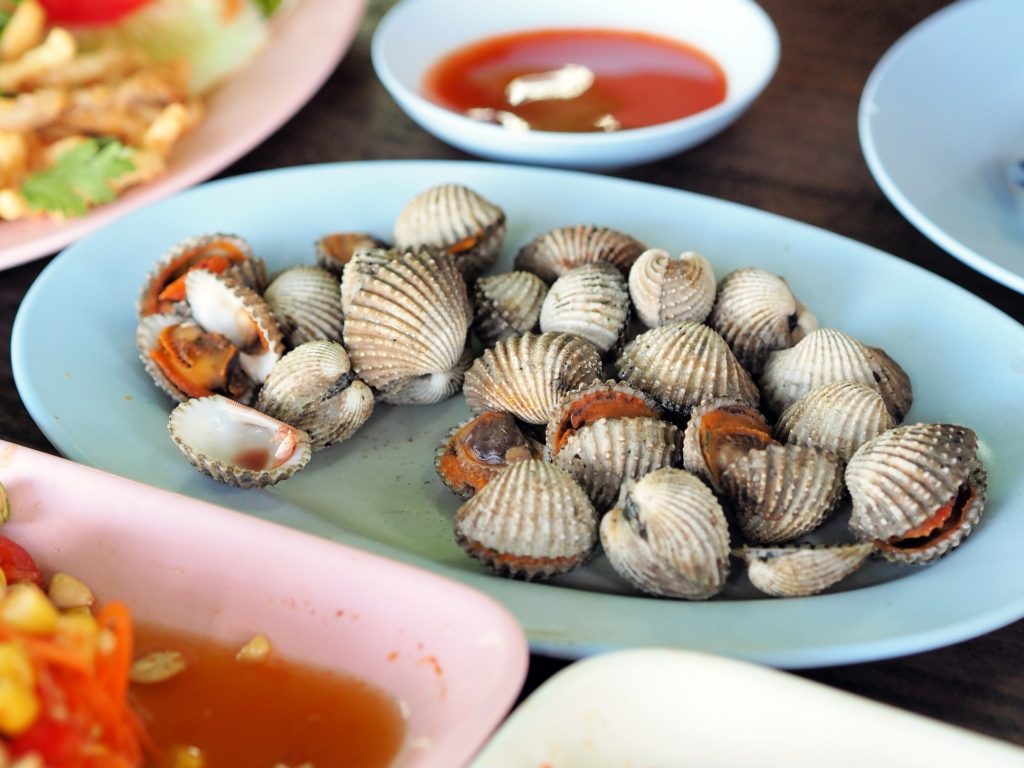
Because cockles are so small, they’re often paired with other proteins as a kind of garnish or to enhance the flavor of the dish. Add delicate cockles to light dishes like our seared scallops with lemon butter sauce or shrimp pasta with cherry tomatoes. Cockles tossed in garlic butter sauce with white wine and parsley make a simple yet luxurious side for heartier dishes like our Calabrian steak with tomato and burrata pasta or garlic herb chicken thighs.
